After more than nine years of lame duck threats, the Nigeria Labour Congress (NLC) and the Trade Union Congress of Nigeria (TUC) have finally made good their threat to embark on a nation-wide strike from June 3. Years of disagreement and internal corruption made it impossible for both labour unions to steer Nigerians in the right path of civil resistance against government indiscretion.
In alliance with a directive contained in a letter by the General Secretary of NLC, Emmanuel Ugboaja, members of the labour unions shut down the national grind, plunging the country in grim darkness. The Transmission Company of Nigeria has acknowledged the shut down, and reported efforts to reverse the situation, after its workers around the country were chased away from their work positions.
Join our WhatsApp ChannelREAD ALSO: NLC, 30 Others Join Ongoing Nationwide Strike (Full List)
Nigerians are still doubtful
With the strike in force, many Nigerians are still doubtful of the intentions and seriousness of the labour unions, which have watched over the years as government policies damaged livelihoods, killed off the middle class and thousands of local and foreign businesses.
Hours to the expiration of the ultimatum given to government, a far majority of Nigerians still expected the threat of strike to collapse. This was because for a long time, even threats of warning strikes could not pull off. Government has always used force, intimidations and kangaroo court rulings to muzzle labour as it did through the National Industrial Court in Abuja which gave an injunction that stopped labour on 5 June, 2023, after it (i.e., labour) had threatened to down tools from August 2, 2023. This is also in addition to complicity and corruption among labour leaders.
Going by the outcome of the meeting between the federal government representatives, national assembly and the labour unions, the feeling is that the strike will not go far. According to the Minister of Information and National Orientation, Alhaji Mohammed Idris, labour is likely to end the strike sooner due to the weight of appeals from parties at the meeting.
The meeting held Sunday June 2 for a solution. However, this was before the labour unions declared an indefinite strike on Friday, May 31. Speaking after the four-hour meeting, Senate President, Godswill Akpabio, told journalists that the National Assembly tried to prevail on labour to shelve the strike. Also addressing journalists, the Speaker of the House of Representatives, Hon. Tajudeen Abbas, said: “the take-home from the meeting were that the federal government would be prevailed upon to re-introduce the N35,000 wage award pending the time agreement on minimum wage is reached between it and the labour unions.
Preface to Strike: Agreement among the Labour Unions
In the aftermath of the astronomical increases in petroleum products just after President Tinubu’s inauguration on May 29, 2023, the labour unions proposed measures to save Nigerian workers from the biting hardship. Perhaps, for the first time in about 20 years, the NLC and TUC appeared to be largely on the same page, asking initially for N615,000 as the new minimum wage, which was later brought down to N497,000 and again to N494,000. At of the time of the strike on June 3, the federal government’s offer stood at N60, 000. Government claimed that labour’s proposals would imply a further N9.5 trillion financial burden, which would set off inflation and damage the economy. The Unions however accused the federal government of being insensitive to the hardship it caused Nigerians, preferring instead to give about 563 lawmakers N70 billion as palliative, with each person getting 100 million naira, while an electoral ward of at least 90 people will get a bag of rice.
Recall that a two-day warning strike was announced on 5 September, 2023. On October 3, 2023, another strike warning ended with a Memorandum of Understanding between the labour unions and the federal government. The agreement included a wage award of N35,000 to employees of the Federal Government beginning September 2023 until negotiations for a new minimum wage end. As usual, government reneged on the agreements, leading to an ultimatum from labour in February giving the federal government two weeks to honour the agreements.
All the while, the NLC and the TUC were in agreement, issuing joint statements that accused the IMF/World Bank of being the forces behind the rash, harsh and brash economic policies of the federal government such as naira devaluation, fuel subsidy removal and the floating of the naira in the foreign exchange market.
According to the statement by the Unions, “These agreements which were reached with the federal government were focused on addressing the massive suffering and the general harsh socioeconomic consequences of the ill-conceived and ill-executed IMF/World Bank induced hike in the price of PMS and the Devaluation of the Naira.
Indeed, while many still believe that the labour is asking ambitiously, it is a pointer to how much things have fallen apart since the last increase of the minimum wage to N30,000, which could buy a 50kg bag of rice at the time. At present, that amount cannot buy 10kg of garri. Nigerians therefore long agreed with labour that a strike is overdue. As of May 2024, more than 140 million Nigerians lived in multidimensional poverty, with unemployment and insecurity running riots. Some estimates have shown that as many as 45% of Nigerians plan to relocate to other countries as a result of hardship and hopelessness. Fuel prices, electricity, food prices, security, social amenities and infrastructure have all gone out of the reach of even the well to do, much more the less privileged.
That strike is in force, and we shall see how it ends. And how it ends will show how much labour leaders are willing to guide workers in the path of sustained and unified search for answers to Nigeria’s political and economic problems.
Dr Mbamalu, a Jefferson Fellow and Member of the Nigerian Guild of Editors (NGE), is a Publisher and Communications/Media Consultant. His extensive research works on Renewable Energy and Health Communication are published in several international journals, including SAGE.
SMS/Whatsapp: 08094000017
Follow on X: @marcelmbamalu
Dr. Marcel Mbamalu is a communication scholar, journalist and entrepreneur. He holds a Ph.D in Mass Communication from the University of Nigeria, Nsukka and is the Chief Executive Officer Newstide Publications, the publishers of Prime Business Africa.
A seasoned journalist, he horned his journalism skills at The Guardian Newspaper, rising to the position of News Editor at the flagship of the Nigerian press. He has garnered multidisciplinary experience in marketing communication, public relations and media research, helping clients to deliver bespoke campaigns within Nigeria and across Africa.
He has built an expansive network in the media and has served as a media trainer for World Health Organisation (WHO) at various times in Northeast Nigeria. He has attended numerous media trainings, including the Bloomberg Financial Journalism Training and Reuters/AfDB training on Effective Coverage of Infrastructural Development of Africa.
A versatile media expert, he won the Jefferson Fellowship in 2023 as the sole Africa representative on the program. Dr Mbamalu was part of a global media team that covered the 2020 United State’s Presidential election. As Africa's sole representative in the 2023 Jefferson Fellowships, Dr Mbamalu was selected to tour the United States and Asia (Japan and Hong Kong) as part of a 12-man global team of journalists on a travel grant to report on inclusion, income gaps and migration issues between the US and Asia.

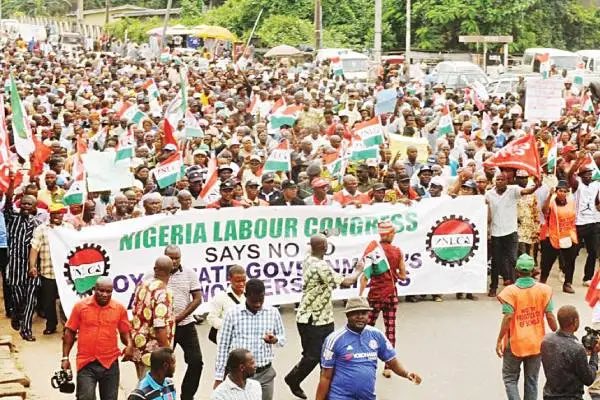



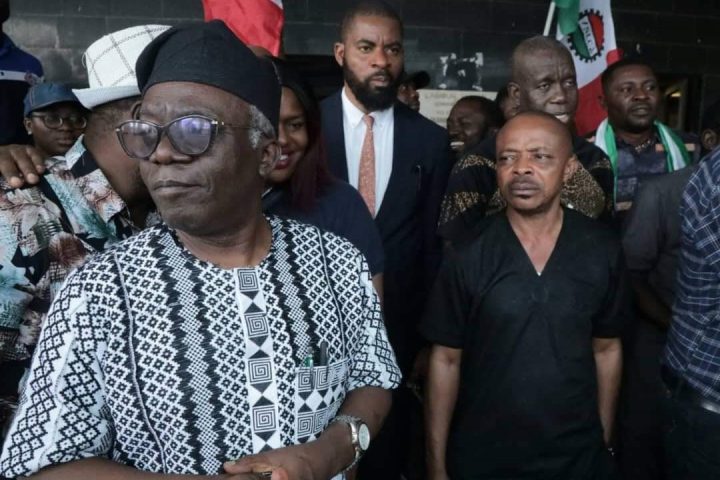
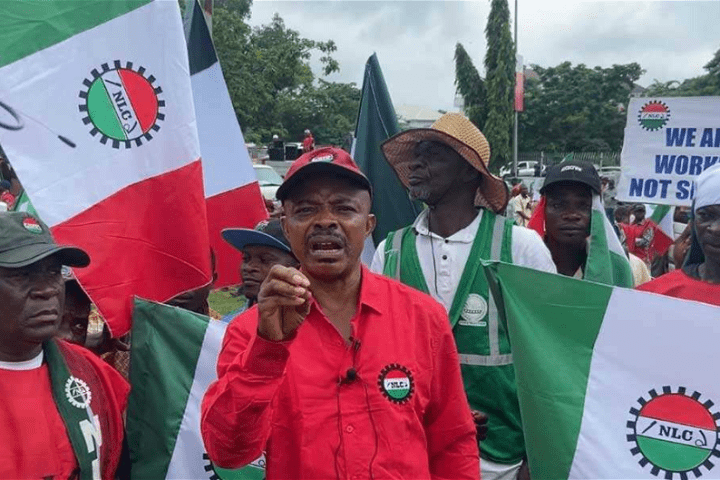
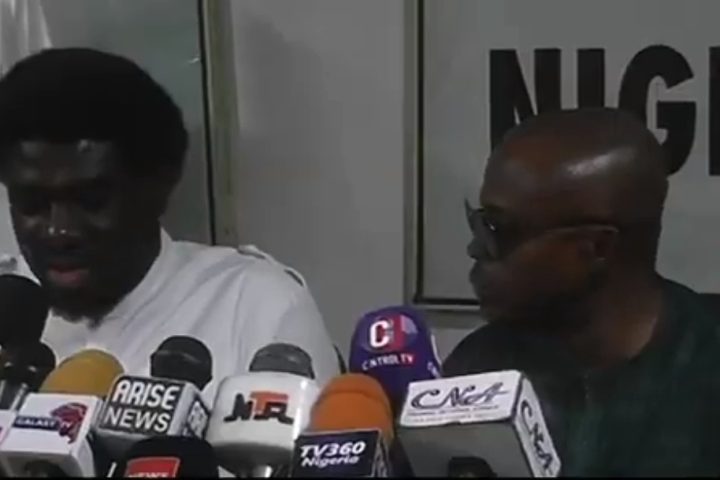









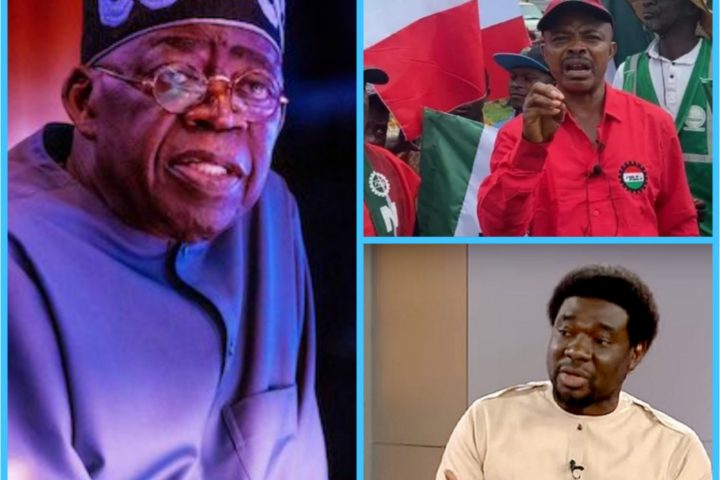

Follow Us